The rise of do-it-yourself (DIY) projects has seen many homeowners take on various tasks, from simple home repairs to more complex renovations. Electrical work, in particular, has become a popular DIY challenge. However, while the sense of accomplishment and potential cost savings are appealing, the risks involved in DIY electrical work are often underestimated. This post aims to shed light on these overlooked dangers, emphasizing why understanding the risks, legalities, and technical complexities is crucial before embarking on any electrical DIY project.
Contents
Understanding Electrical Basics
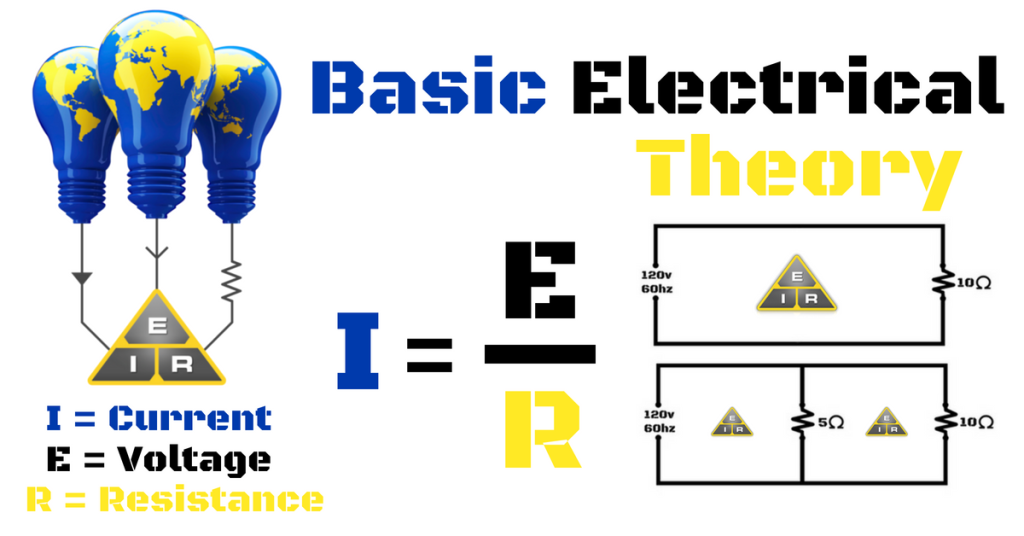
Before diving into any electrical work, it’s vital to understand basic electrical concepts and terminology. Knowledge of how electricity works, the different types of wires, circuitry, and safety protocols form the foundation for any electrical project. Without this fundamental understanding, DIY enthusiasts are more likely to make mistakes that can lead to serious accidents. Additionally, familiarizing oneself with common electrical tools and their correct usage is essential to avoid mishaps. This section will provide a concise yet comprehensive guide to these basics, ensuring a safer starting point for DIY electrical work.
Common Mistakes in DIY Electrical Work
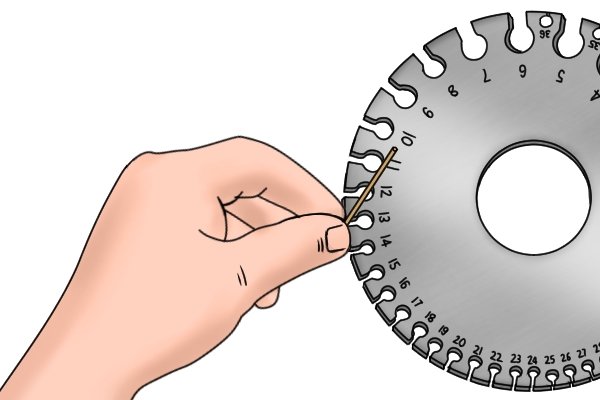
DIY electrical projects are prone to specific common mistakes that can have far-reaching consequences. These errors often include using the incorrect wire gauge, resulting in overheating and potential fire hazards, or making poor connections that can lead to short circuits. Another frequent mistake is ignoring the grounding of electrical systems, which is crucial for safety. This section will delve into these and other common errors, illustrated with real-life examples, to help DIYers understand what to avoid and why these mistakes can be so detrimental.
Safety Risks Involved
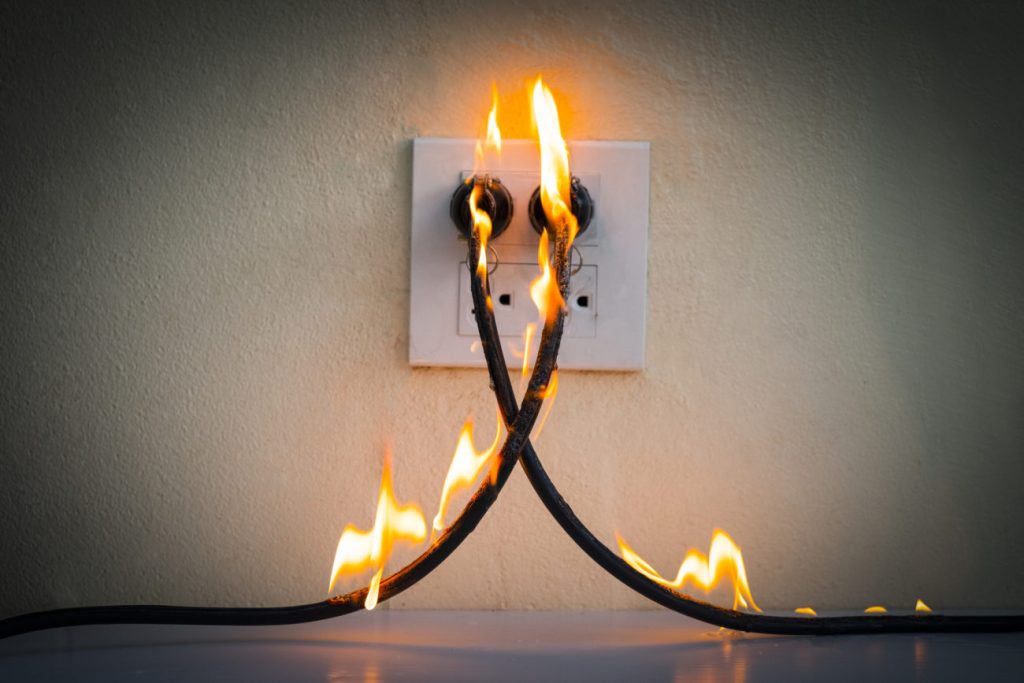
The primary concern with DIY electrical work is the significant safety risks it poses. This includes the immediate danger of electrical shocks, which can be fatal, and the long-term hazard of electrical fires caused by improper wiring or overloaded circuits. It’s not just the person doing the work who’s at risk, but also other occupants of the home. This section will discuss these risks in detail, supported by statistics and case studies, to illustrate the potentially grave consequences of underestimating the dangers of electrical work. The aim is to instill a sense of caution and respect for the power and hazards of electricity in DIY enthusiasts.
Legal and Compliance Issues
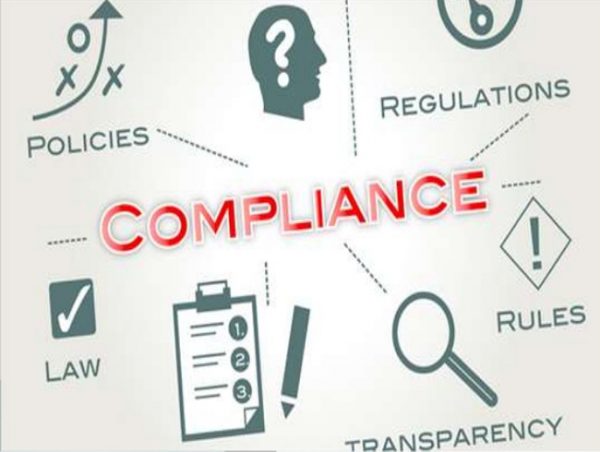
Electrical work is not just about safety; it’s also heavily regulated by laws and building codes. Many regions require that certain electrical tasks be carried out or approved by licensed professionals. This section will explore the legal requirements surrounding electrical work in homes, including permits, inspections, and compliance with local building codes. Non-compliance can lead to various issues, including fines, legal action, and difficulties with insurance claims in the event of an accident. Homeowners need to be aware of these regulations to ensure their DIY efforts don’t inadvertently lead to legal troubles.
The Cost of Errors

One of the main attractions of DIY electrical work is the potential cost savings. However, mistakes in such projects can lead to significant additional expenses, often exceeding the cost of hiring a professional in the first place. This section will provide a breakdown of these potential costs, including the expense of repairing faulty work, additional material costs, and, in severe cases, the costs associated with property damage or medical bills resulting from accidents. By understanding the true financial risk, homeowners can make more informed decisions about whether to proceed with a DIY approach or to seek professional help.
Impact on Property Value
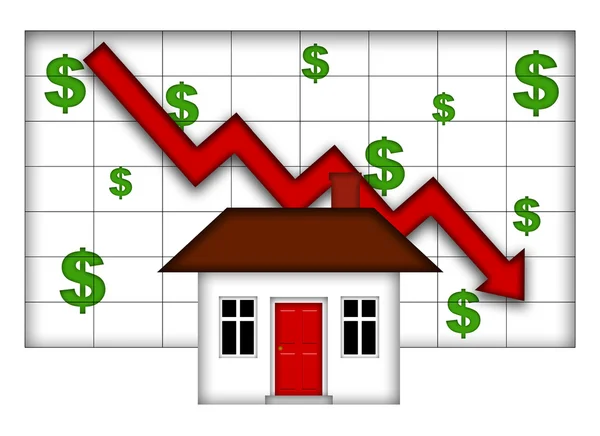
Improper DIY electrical work can have a lasting negative impact on a property’s value. This section will discuss how substandard electrical work can deter potential buyers and negatively affect home appraisals. Moreover, it will highlight the importance of professional certifications and inspections when selling a home. A house with a history of DIY electrical work, particularly if not up to code, can raise red flags for buyers and home inspectors, leading to reduced offers or even failed sales. This aspect is crucial for homeowners to consider, especially if they plan to sell their property in the future.
When to Call a Professional
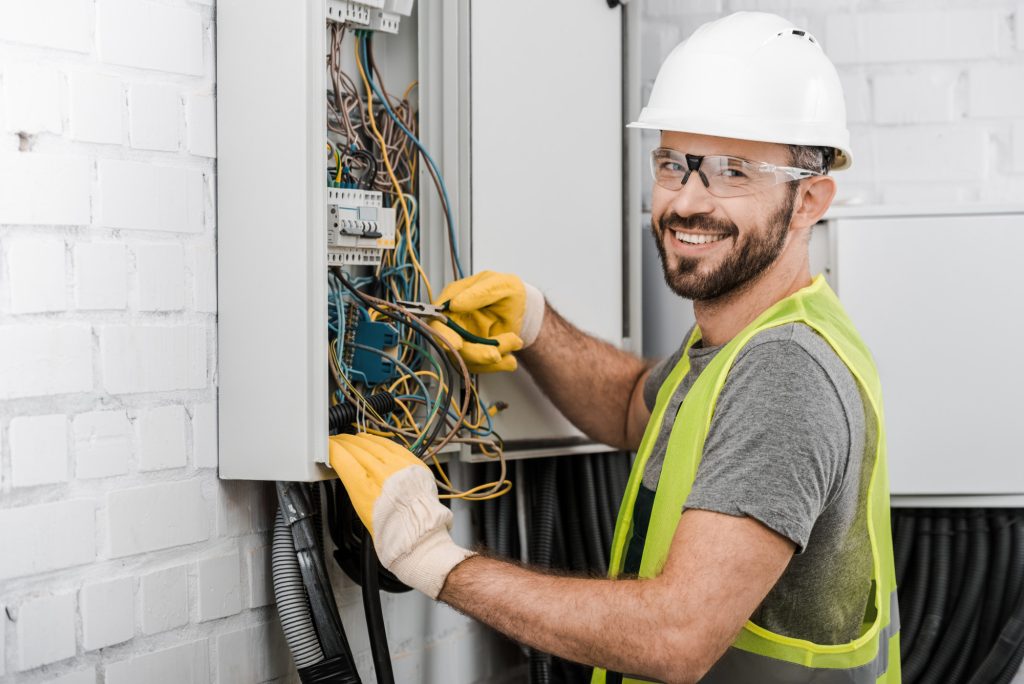
Knowing when to call a professional is a critical skill for any DIY enthusiast. This section will provide guidelines on how to recognize electrical projects that are beyond the scope of safe and effective DIY. It will discuss the complexity of certain tasks, like wiring an entire house or installing a new circuit, which should always be left to licensed electricians. Additionally, this section will offer advice on identifying warning signs of electrical problems that require professional intervention, such as frequent circuit breaker trips or flickering lights. Understanding these boundaries is essential for maintaining both safety and compliance with legal standards.
Best Practices for Minimal DIY Electrical Work

For those minor electrical tasks that are suitable for DIY, following best practices is key to ensuring safety and effectiveness. This section will outline safety protocols that must be adhered to, such as turning off the main power before starting any work and using the proper tools and protective equipment. It will also emphasize the importance of continuous learning and self-assessment, encouraging DIYers to regularly update their knowledge and skills and to always respect their limitations. By adhering to these practices, homeowners can undertake minimal electrical tasks with confidence while minimizing risks.
DIY Electrical Work Risks
While DIY projects can be rewarding, electrical work carries unique and significant risks that should not be underestimated. This post has highlighted the dangers, legal implications, and potential financial and property value impacts of DIY electrical work. It’s crucial for homeowners to balance the desire for DIY with the realities of safety, legality, and expertise. When in doubt, consulting a professional is not just a matter of convenience but a critical step in ensuring the safety and compliance of your home. Always remember electricity is a powerful tool that demands respect and caution.


